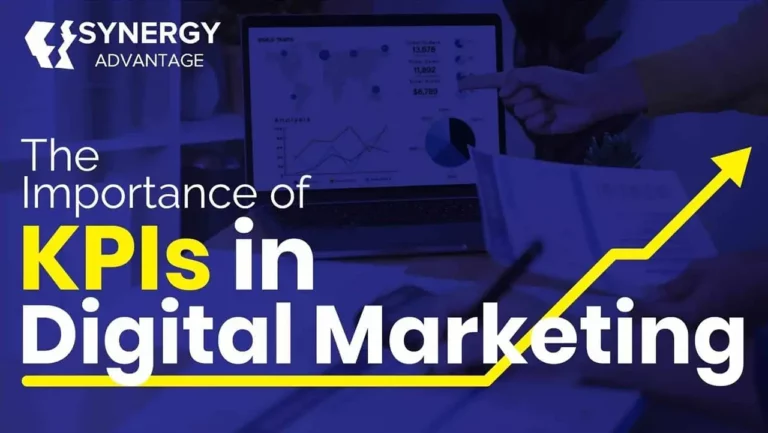How can you tell that your digital marketing campaign is effective? Most people would say that as long as they are making money, their business is doing okay. But are they really?
While revenue is the end goal for most businesses, it may not be very valuable as a day-to-day or week-to-week measure of success. Here is where our other KPIs, or key performance indicators, come in. These provide multiple points of view of our performance, from general to specific, that allow us to better assess what works and what doesn’t. They help us make better business decisions such as what to prioritize, where to allocate resources, and what practices need to be kept or changed.
Different businesses have and need different KPIs, but what makes a good KPI is the same across the board. They have to be S.M.A.R.T.
S – Specific
M – Measurable
A – Actionable
R – Relevant
T – Time-bound
This means that your KPIs need to be geared toward a specific, measurable, and attainable goal or result that can make a relevant impact on your business within a specified time period. This way, it’s easy for us to measure if and when we meet our KPIs and it will provide us better insight into what steps we need to take for further improvement.
If your business depends on digital marketing, here are some of the most important KPIs you need to be looking at:
- Return on investment (ROI)– Here we can measure how much we gain as a result of how much we invest in our campaigns. We try to determine if the time and resources we spend on any particular initiative results in a significant return. While usually the investment side of the equation can be measured by money or time spent, the returns can be measured with a variety of goals such as revenue and sales, or even smaller goals such as an increase in leads, traffic, or conversion.
- Cost per lead – This KPI is related to ROI and is important when delving into paid marketing campaigns. This gives more perspective into how successful a campaign is by matching the number of leads we get from ads with how much we’ve spent on the campaign.
- Cost per conversion – This KPI shows a longer-term perspective of the value of a specific marketing campaign. We use this KPI to measure how many of the leads actually become paying customers. This is generally assessed less frequently than the cost per lead as it takes time for a lead to convert to a sale.
- Customer lifetime value – This is a measure of how much revenue we gain from each customer over the whole time period of them having business with the company. Here we can see how valuable each customer is and we can also check how engaged we are with our customers.
- Web traffic sources – Here we determine what channels drive the most traffic to our website. We can measure and compare traffic from organic searches, social media, and paid searches and ads. From here, we will be better informed as to where to focus our efforts and where to improve to help bring in more people to our sites.
- Traffic from organic search – This is an SEO KPI that shows how many visitors the site is able to get through search engines. There are many ways to increase our rankings on SERP and this KPI can be a good indicator of the success of these efforts.
- Click through rate – this KPI allows us to see how our different sources of traffic actually translate into visitors to our site. It can be a measure of how enticing and engaging our site is to actual customers.
- Bounce rate – in contrast to the click-through rate, this measures how many of our visitors leave our site without navigating to other pages on the site. This can show how effective our site concept, design, and accessibility are at enticing visitors.
- Conversion rate – Increasing visitors to our website isn’t enough. While we can get thousands of visitors in a day, we have to measure how many of those translate into a lead, a subscription, and ultimately a sale. Measuring how much of our traffic gets converted to a goal such as leads or sales can give us better insight into how successful our marketing campaigns are and how we can modify them to actually lead to tangible growth.
- Leads generated – This measures how many leads were added to our site over a period of time. This can include leads from paid campaigns or from organic sources. Leads are more valuable than visitors because these people have shown interest in the product and are more likely to purchase it.
- Retention rate – this measures how many of your clients keep coming back or keep purchasing your products. This can show how engaged your clients are with your product, brand, or site. This is important because even though getting new clients is always a good goal to have, retaining regularly paying clients will usually be more valuable to the business in the long run.
These are just some of the KPIs that you would need to keep track of to make sure that your digital marketing is on the right track. Though not all of these KPIs may apply to you and your business, finding the right KPIs will definitely give you an advantage in helping your business grow.
Of course, if you need help in finding your advantage, don’t hesitate to contact our experts at Synergy Advantage today! You may reach us at 1-855-534-6273 or by filling out the form below.

